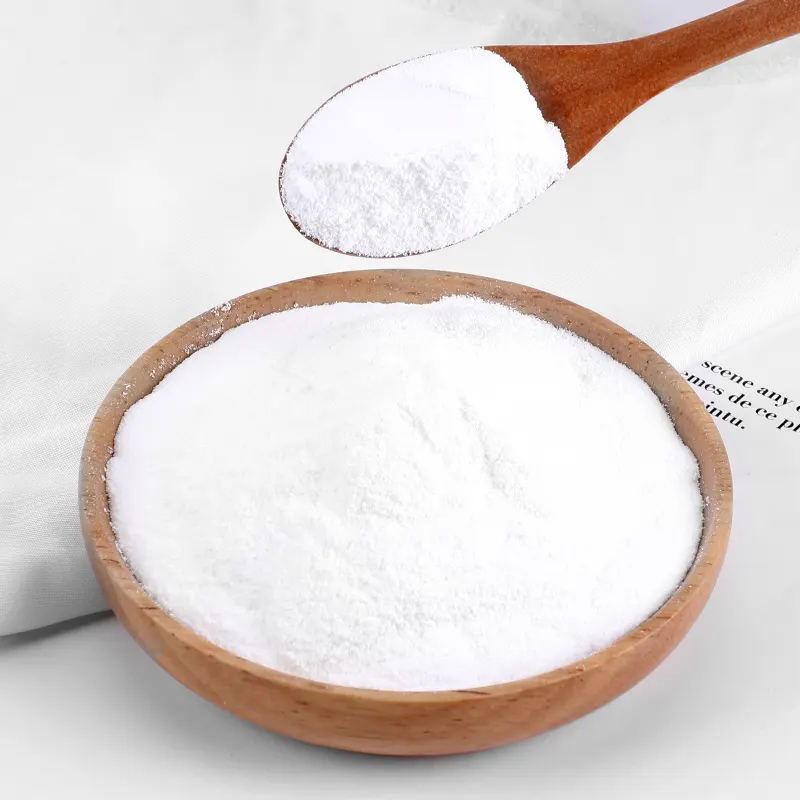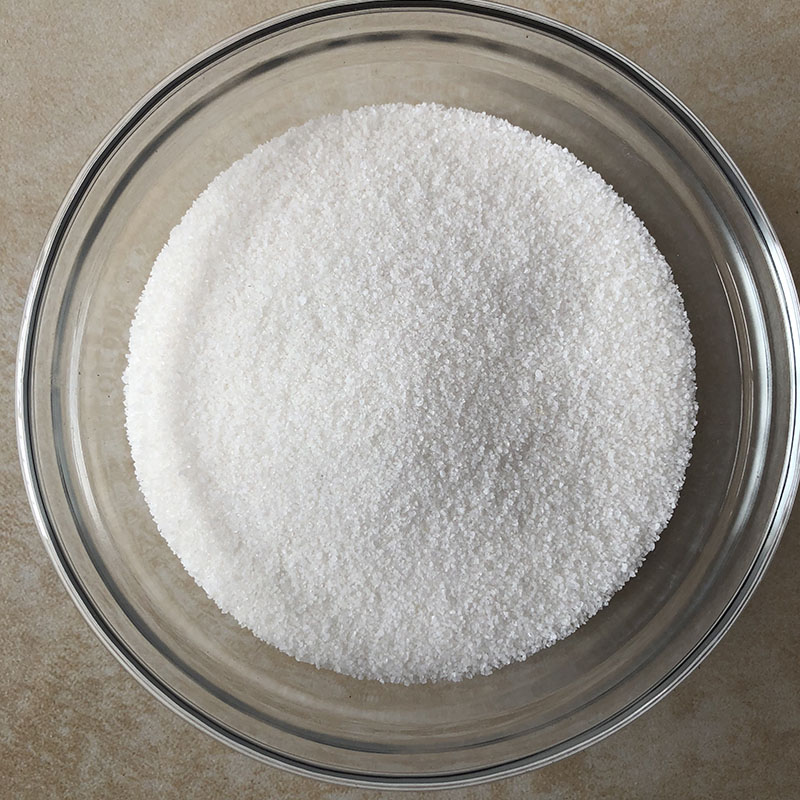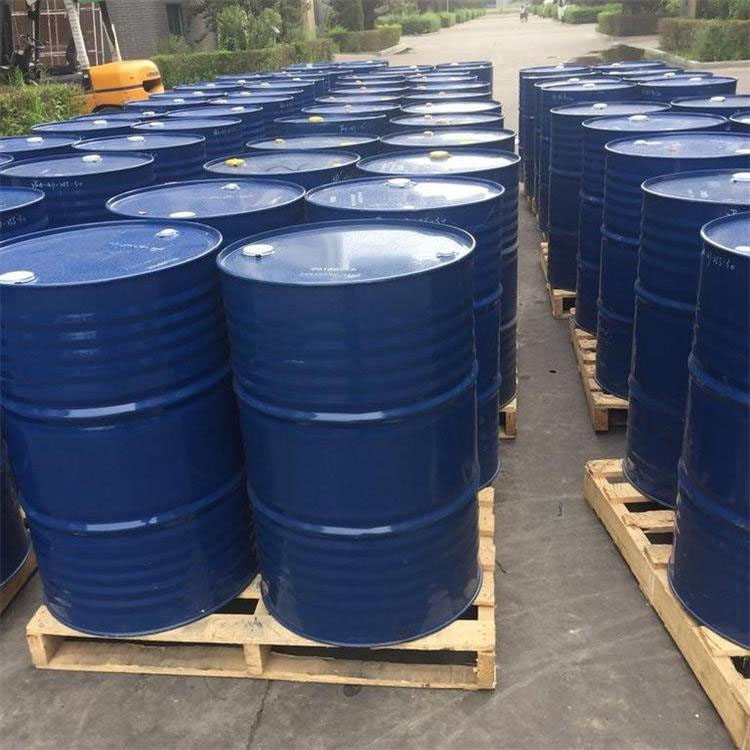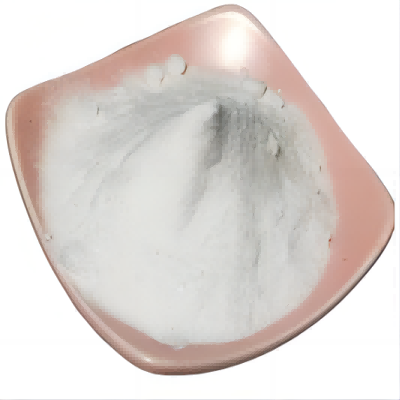Carperitide CAS:89213-87-6
Carperitide, a synthetic analogue of atrial natriuretic peptide (ANP), is employed primarily in the management of acute heart failure (AHF). AHF represents a critical condition characterized by sudden deterioration in cardiac function, leading to symptoms such as dyspnea, edema, and fluid overload. Upon intravenous administration, Carperitide functions as a potent vasodilator and natriuretic peptide. It exerts its effects by promoting vasodilation of arteries and veins, which reduces systemic vascular resistance and cardiac preload. This mechanism helps to alleviate congestion in the pulmonary and systemic circulations, thereby improving cardiac output and relieving symptoms associated with AHF. Carperitide's ability to enhance diuresis further supports its role in managing fluid overload. By increasing sodium and water excretion, it helps to reduce extracellular fluid volume and mitigate the effects of fluid retention, which is common in AHF patients. This dual action of vasodilation and diuresis contributes to the overall improvement in hemodynamic status and clinical symptoms observed in individuals experiencing acute exacerbations of heart failure. In clinical practice, Carperitide is often utilized in conjunction with other therapies for AHF, including oxygen therapy, diuretics, and inotropic agents. Its rapid onset of action and short half-life make it suitable for acute settings where prompt intervention is essential to stabilize patients and prevent further deterioration. Moreover, Carperitide's effects on hemodynamics are typically monitored through invasive or non-invasive methods to ensure optimal dosing and therapeutic efficacy. This tailored approach helps clinicians adjust treatment based on individual patient responses, optimizing outcomes and potentially reducing the need for intensive care interventions. Overall, Carperitide represents a valuable therapeutic option in the acute management of heart failure exacerbations. Its vasodilatory and diuretic properties address the underlying pathophysiology of AHF, providing symptomatic relief and improving cardiac function in critically ill patients. Ongoing research continues to explore its role in comprehensive heart failure management strategies, highlighting its potential impact on patient outcomes and quality of life.






| Composition | C127H203N45O39S3 |
| Assay | 99% |
| Appearance | white powder |
| CAS No. | 89213-87-6 |
| Packing | Small and bulk |
| Shelf Life | 2 years |
| Storage | Store in cool and dry area |
| Certification | ISO. |









